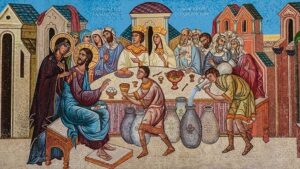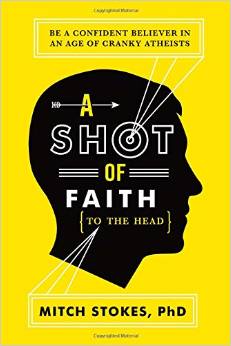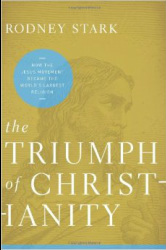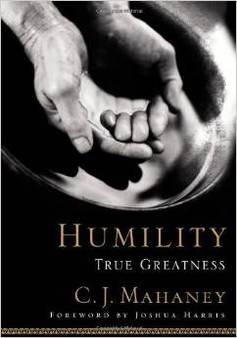 . . . because you believe what you believe.
. . . because you believe what you believe.
Sounds as if I got my terms mixed up, doesn’t it? But I didn’t. I first heard this statement many, many years ago from the evangelist Bill Rice III, son of the founder of the Bill Rice Ranch in Murfreesboro, Tennessee. (The BRR is a Christian camp that began primarily as a ministry for deaf children, brought about because the Rices’ daughter Betty was deaf. As far as I can tell from the website, it’s still going strong today.) It wasn’t original with him at all, but it stuck with me from that sermon.
 Disciplines of the Beautiful Woman by Anne Ortlund, originally published by Word Books, 1977, available in many other formats and editions.
Disciplines of the Beautiful Woman by Anne Ortlund, originally published by Word Books, 1977, available in many other formats and editions.
 . . . This is without exception. Whatever different means they employ, they all tend to this end. The cause of some going to war, and of others avoiding it, is the same desire in both, attended with different views. The will never takes the least step but to this object. This is the motive of every action of every man, even of those who hang themselves.”
. . . This is without exception. Whatever different means they employ, they all tend to this end. The cause of some going to war, and of others avoiding it, is the same desire in both, attended with different views. The will never takes the least step but to this object. This is the motive of every action of every man, even of those who hang themselves.” . . . everyone will have a good time!
. . . everyone will have a good time! ntil I obey Him” (Rosaria Butterfield’s book, discussed on the previous post). I discuss this idea of the connection between our feelings and our actions in chapter two, “How Our Emotions Work” of my
ntil I obey Him” (Rosaria Butterfield’s book, discussed on the previous post). I discuss this idea of the connection between our feelings and our actions in chapter two, “How Our Emotions Work” of my  A Shot of Faith {To the Head}: Be a Confident Believer in an Age of Cranky Atheists
A Shot of Faith {To the Head}: Be a Confident Believer in an Age of Cranky Atheists  The Triumph of Christianity: How the Jesus Movement Became the World’s Largest Religion by Rodney Stark, HarperOne, 2011
The Triumph of Christianity: How the Jesus Movement Became the World’s Largest Religion by Rodney Stark, HarperOne, 2011